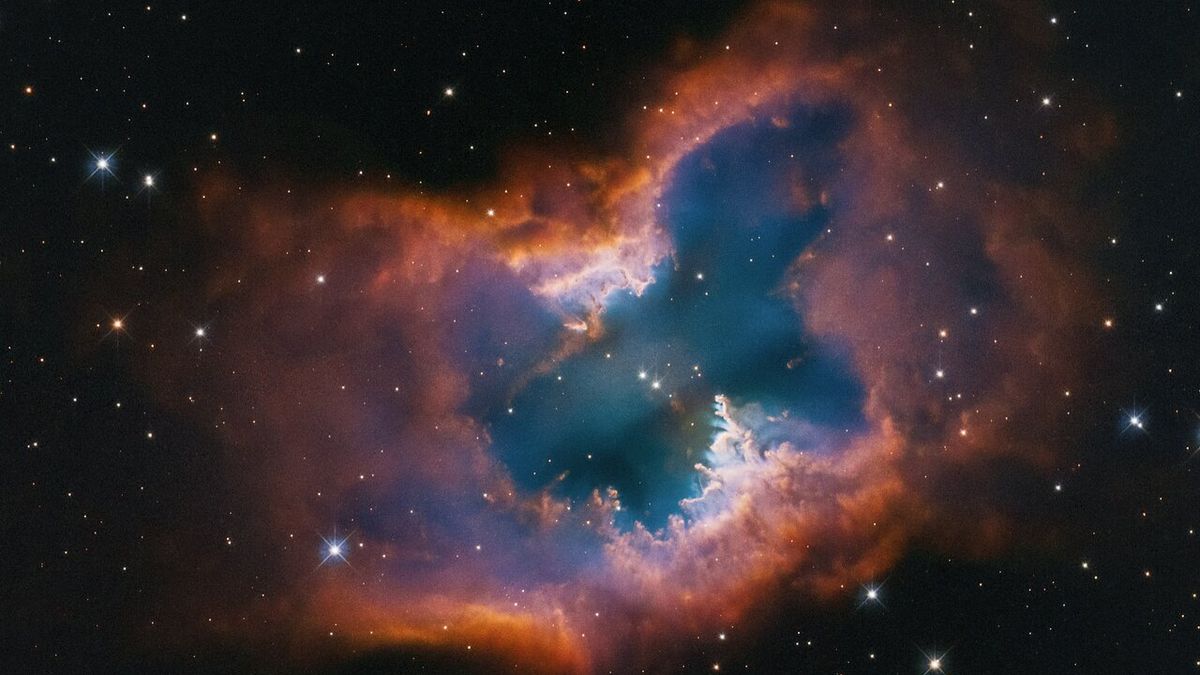ARTICLE AD BOX
 A Rocket Lab Electron lifted off March 17 on the fifth and final launch of satellite for French company Kinéis. Credit: Rocket Lab webcast
A Rocket Lab Electron lifted off March 17 on the fifth and final launch of satellite for French company Kinéis. Credit: Rocket Lab webcast
COLORADO SPRINGS — Rocket Lab CEO Peter Beck said his company has found a successful market providing dedicated launches for small satellites — a strategy that he said does not directly compete with SpaceX rideshare missions.
In an April 7 interview, Beck said the customers for his company’s Electron rockets are different from those seeking less expensive launches on SpaceX’s Transporter and Bandwagon lines of Falcon 9 rideshare launches.
“Dedicated small launch is a real market, and it should not be confused with rideshare,” he argued. “It’s totally different.”
He said Rocket Lab is experiencing growing demand for Electron from companies who want control over their schedule and orbit, traits that a dedicated launch offers over a rideshare. This has included customers such as Kinéis, a French company that launched its constellation of 25 Internet-of-Things satellites across five Electron missions, and Japanese radar mapping companies iQPS and Synspective.
“We have a lot of customers that will go and fly on a Transporter, and then they’ll come back and they’ll go book their whole constellation on us,” he said.
The SpaceX scapegoat
Others in the small launch vehicle sector have blamed SpaceX for undercutting their prices and making it difficult for them to compete, but Beck was unconvinced those rideshare missions were a major factor.
“The business plan, the product and the actual engineering all has to line up perfectly,” he said. “When we look across the folks that have failed, it’s extremely obvious to us that one of those three things was not going to line up.”
“There’s enough demand” to support other small launch companies, he said, but was skeptical that another vehicle could compete head-to-head with Electron, which can place payloads of up to a few hundred kilograms into orbit.
“Even if someone comes in and they’re a million dollars cheaper on an $8 million sticker price, are you really going to risk all of your payload and your business on something slightly cheaper?” he said of prospective customers of new vehicles. He pointed to Electron’s track record of more than 60 launches. “It’s a really tough entry point right now.”
‘No man’s land’
That skepticism extends to a new line of European small launch vehicles, like Isar Aerospace’s Spectrum, which crashed less than a minute after liftoff on its inaugural flight March 30. Spectrum and some other vehicles there are targeting about one ton to orbit, which he described as a “no man’s land” of performance: “It’s too small to be a useful rideshare mission, and it’s too big to be a useful dedicated rocket” for smallsats.
“The only way I see those European launchers being successful is if there’s strong government subsidies,” he concluded.
Rocket Lab is also continuing work on its larger Neutron rocket, which Beck said remains on track for a first launch before the end of the year. Key upcoming milestones for Neutron, he said, include stage testing of the vehicle and opening of the launch site for the rocket at Wallops Island, Virginia.
Rocket Lab, along with Stoke Space, was added to Lane 1 of the Space Force’s National Security Space Launch Phase 3 contract in March. Beck said that the company will now work with the Space Force to “thrash out all their requirements for the vehicle” ahead of Neutron’s first launch, after which it will be eligible for task orders under the contract.
He added that the company has benefitted from its experience with Electron while working on Neutron, as well as the fact that a larger vehicle has more margins. “It’s way easier to build a bigger rocket than it is a little rocket.”
Jeff Foust writes about space policy, commercial space, and related topics for SpaceNews. He earned a Ph.D. in planetary sciences from the Massachusetts Institute of Technology and a bachelor’s degree with honors in geophysics and planetary science... More by Jeff Foust

 2 weeks ago
9
2 weeks ago
9







 English (US) ·
English (US) ·